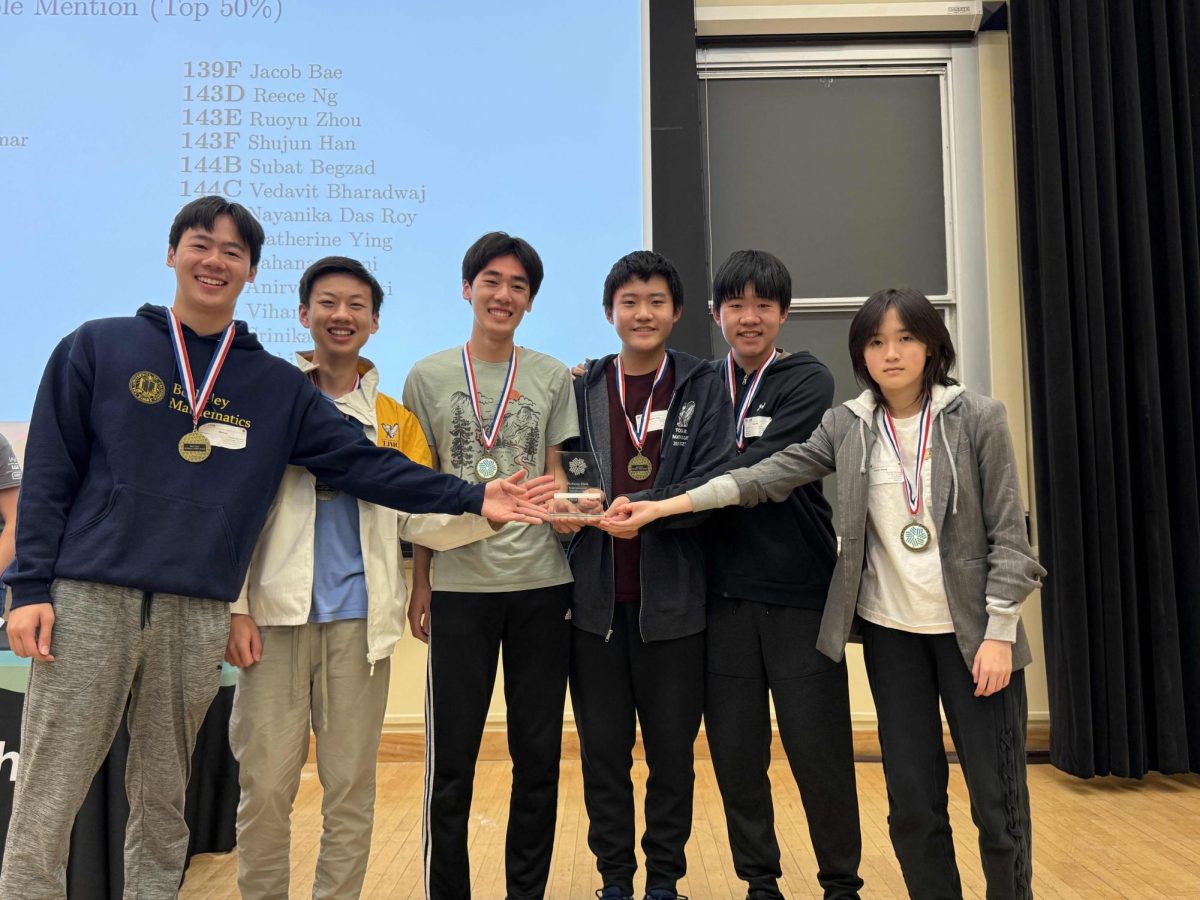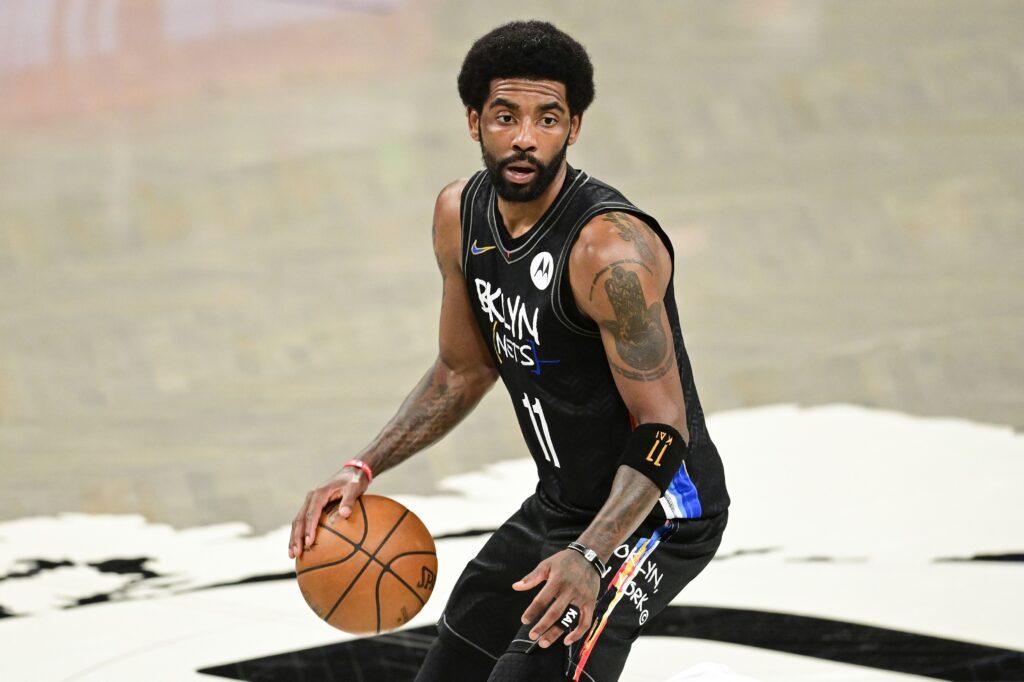“Irving and Curry one-on-one … Irving puts it up, It’s good! Kyrie Irving from downtown!” NBA commentator Mike Breen’s voice floated to my ears.
As I watched (then) Cleveland Cavalier guard Kyrie Irving’s sidestep 3-pointer, I could tell, despite my inexperience with the sport, that it was nothing short of poetic.
Irving’s unique style of dribbling through the defense as if it didn’t exist was what initially attracted me to his play. He made fans’ mouths drop as they wondered how his fantastical plays were even possible. Irving had a significant impact on me, and I am still grateful for the improvements in my game that came from imitating him.
While I grew up a Warriors fan — an obligation for a Bay Area resident — I always considered my favorite player to be Irving. As I watched him play against the Warriors in the 2016 NBA finals, conflicting emotions raged through my head: I wanted to see the Warriors win, but I also wanted Irving to amaze me with another awe-inspiring play. Even though his Game 7 shot was one of the most influential factors in the Warriors’ loss, I couldn’t have been happier to witness it on live TV.
The reason I admired Irving over other players such as LeBron James and Kevin Durant was because of his physique and style of play. While it was impossible to stop LeBron’s sheer size and strength or Durant’s unblockable shots, Irving’s dribbling skills put him in position to score almost at will despite standing at a mere 6-2, well below the average height for an NBA player, which is about 6-7. To me, it was proof that I didn’t need to be extremely strong or tall to excel at the game, and I took it to heart every night as I practiced technique in my garage.
When I struggled to improve, I searched up videos detailing Irving’s workouts, especially those relating to dribbling. These drills would be implemented into my own training regimen: tennis balls, double basketballs and blindfolds, just to name a few. All throughout middle school I performed nightly rounds of my Kyrie-inspired routine, and it led me to starting for the middle school basketball team for all three years I played.
After every game I lost, I found comfort watching Irving’s recent highlights. After one especially bad missed buzzer beater, I recall huddling in my room for hours watching Irving slice through defenders on YouTube, before heading outside to practice his moves myself in preparation for my next match. Irving’s prowess was not only a source of inspiration to me, but also illuminated my path to success.
In recent years, however, Irving’s play has been declining. After an unsuccessful stint in Boston in which he attempted to be the star player, but was met by team chemistry issues, he found himself bumped down to being the third best player on the Brooklyn Nets behind Durant and James Harden. Throwing fits, not coming to practice and creating controversies with his refusal of vaccination are all examples of his self-centered behavior off the court. Irving has also at times come out with statements such as claiming the world is flat, or being spiritually connected to past inventor Nikola Tesla. It saddened me greatly as I realized that one of my favorite players might never be able to reach his full potential due to factors unrelated to basketball.
Seeing both sides of Irving’s actions has made me realize that no one can be absolutely perfect. While people can be flawless on the surface — such as on the basketball court for Irving where most people place his value — flaws can always be hidden where people choose not to look. For me, I will continue to idolize the player Irving is to the game of basketball, while trying to better off the court. Irving taught me a valuable lesson that I don’t have to aspire to be a perfect clone of my role models. Instead, I can adapt the qualities I admire the most about them into my own life.
As of now, it seems like the peak of Irving’s career has already passed, unfortunately timed soon after he entered the league. However, I rooted for him as he exited Cleveland to become the star player on his own team, and, despite everything, I will continue to root for him if and when he returns to the court.


























